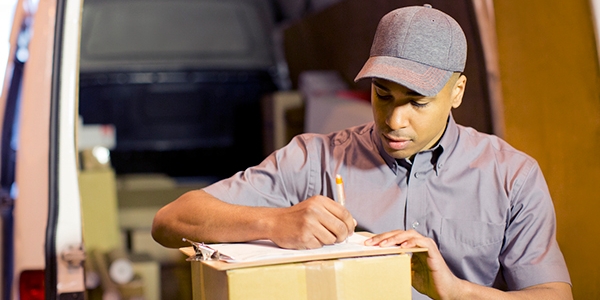Let's explore your options
At Careers Wales we can help you to plan your career, prepare to get a job, and find and apply for the right apprenticeships, courses and training.

My Future includes easy to read careers information. Find out about your options, explore career ideas and get to know who can help you.

We can provide support for recruitment, redundancies, and can help you work with schools in your area.

Get information and resources to support careers and work-related experiences (CWRE) in education settings.

Get information, resources, and tips to help your child make career decisions and find out about the support we offer as your child goes from education to employment.

Get help to plan your career. Explore your options and career ideas.

Your guide to choosing subjects, courses, training and funding your studies.

Help with CVs, application forms, personal statements, interviews, finding jobs, approaching employers and more.

Apprenticeships are a great way to gain qualifications while you work and earn a wage. Find out more about apprenticeships, search vacancies and more.











